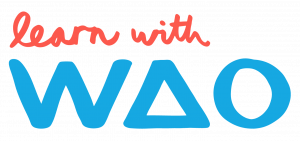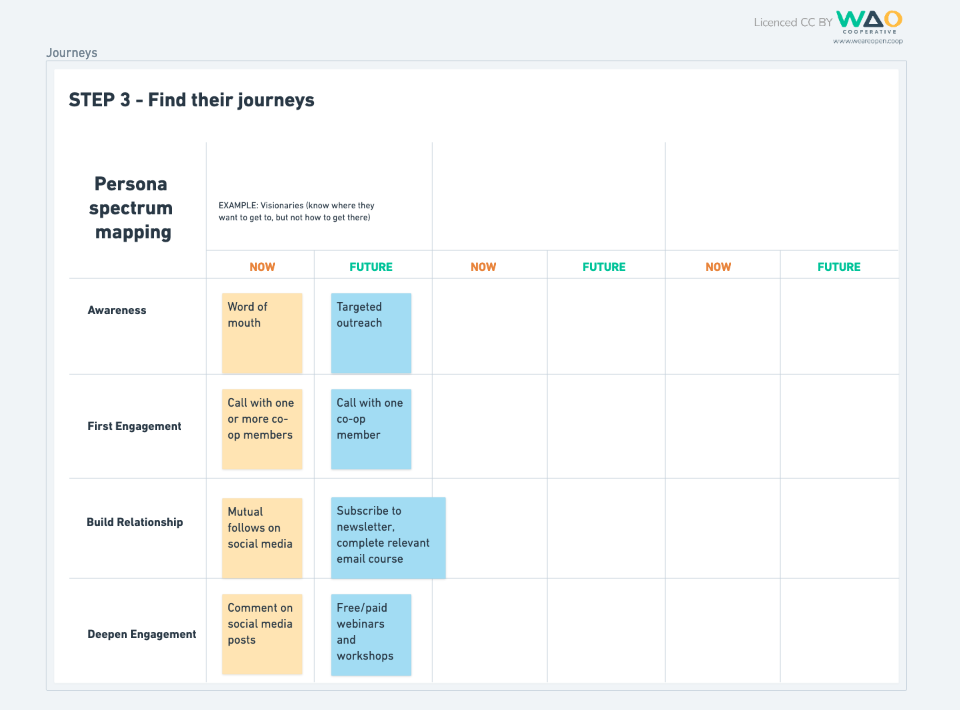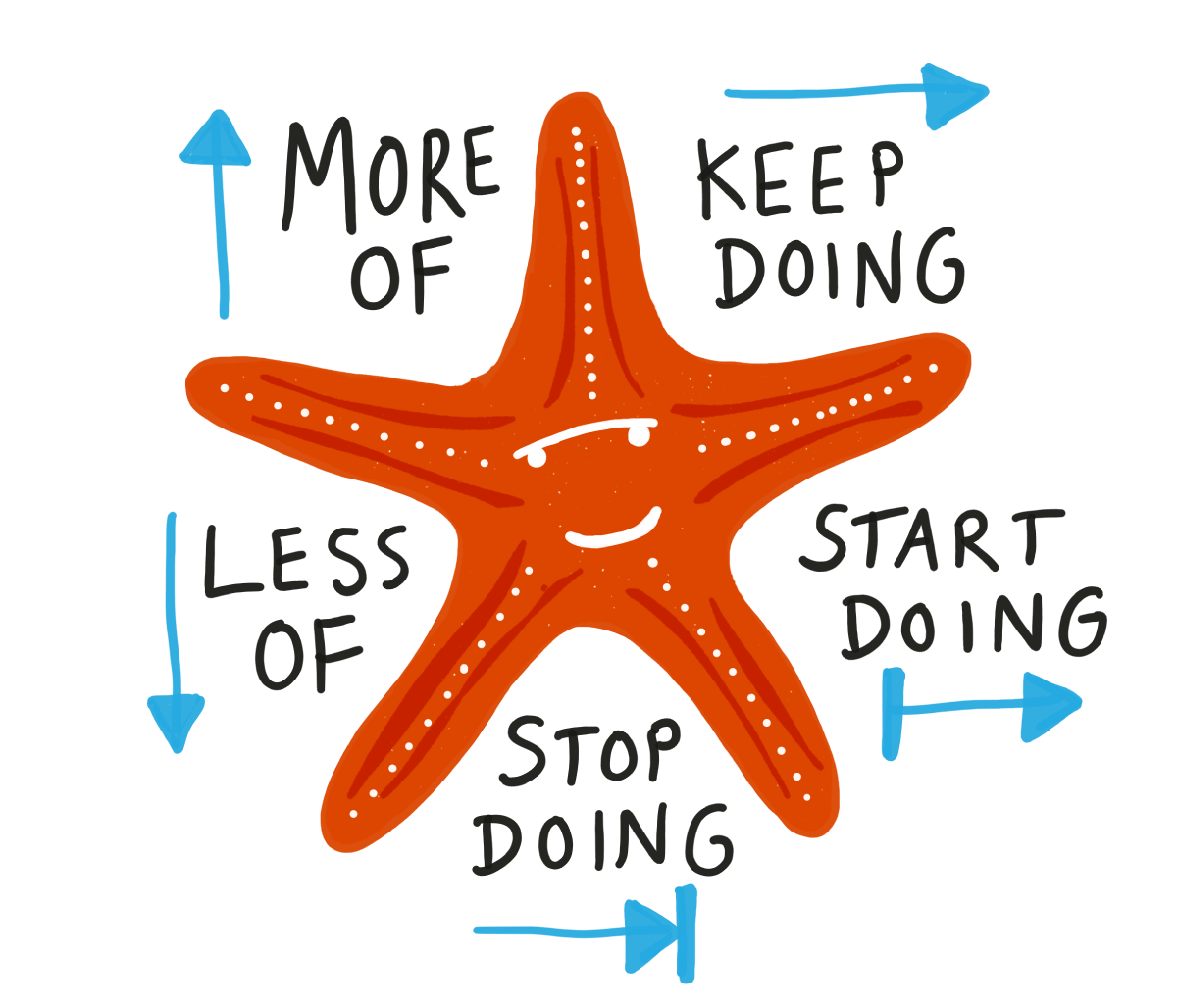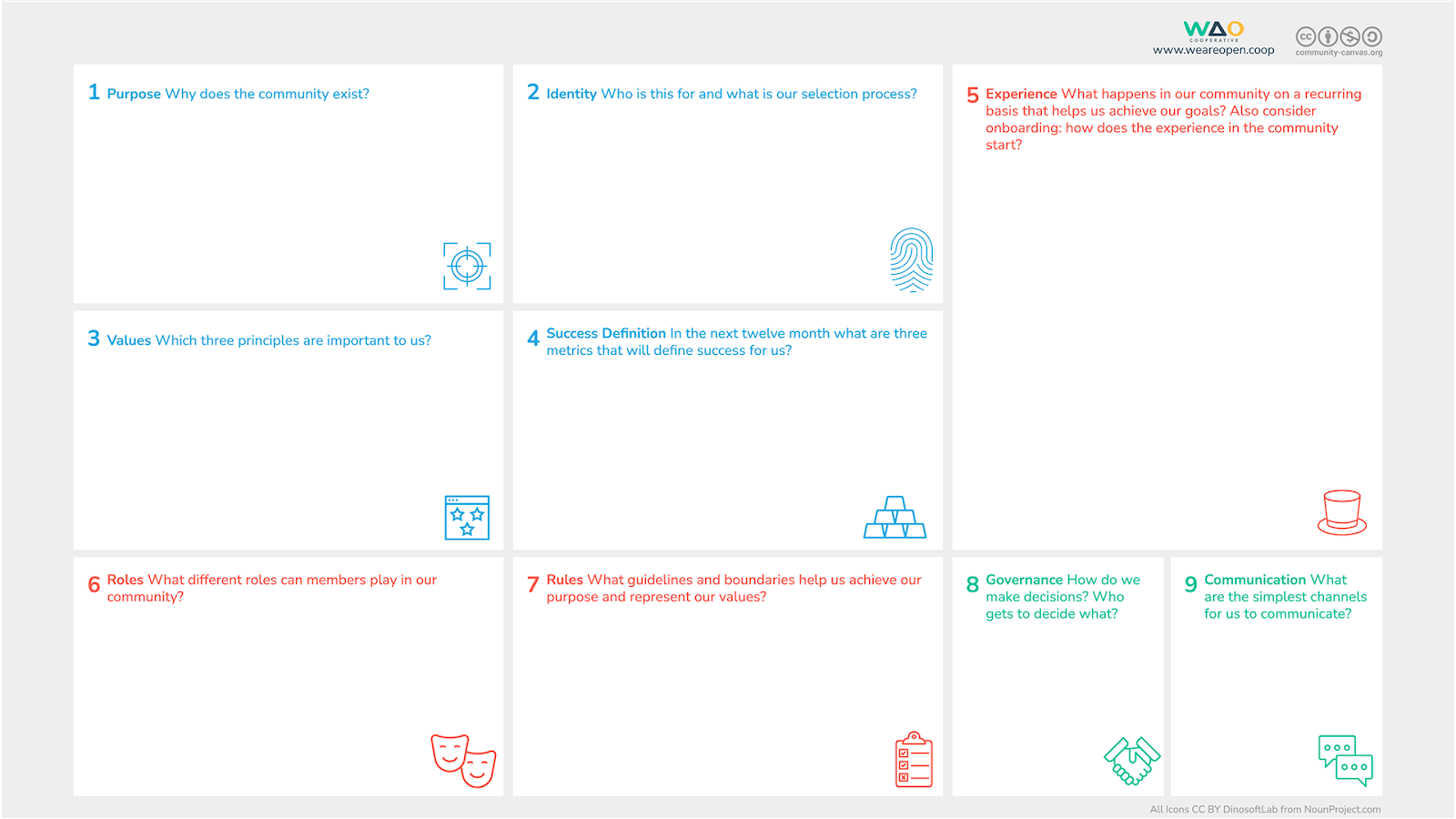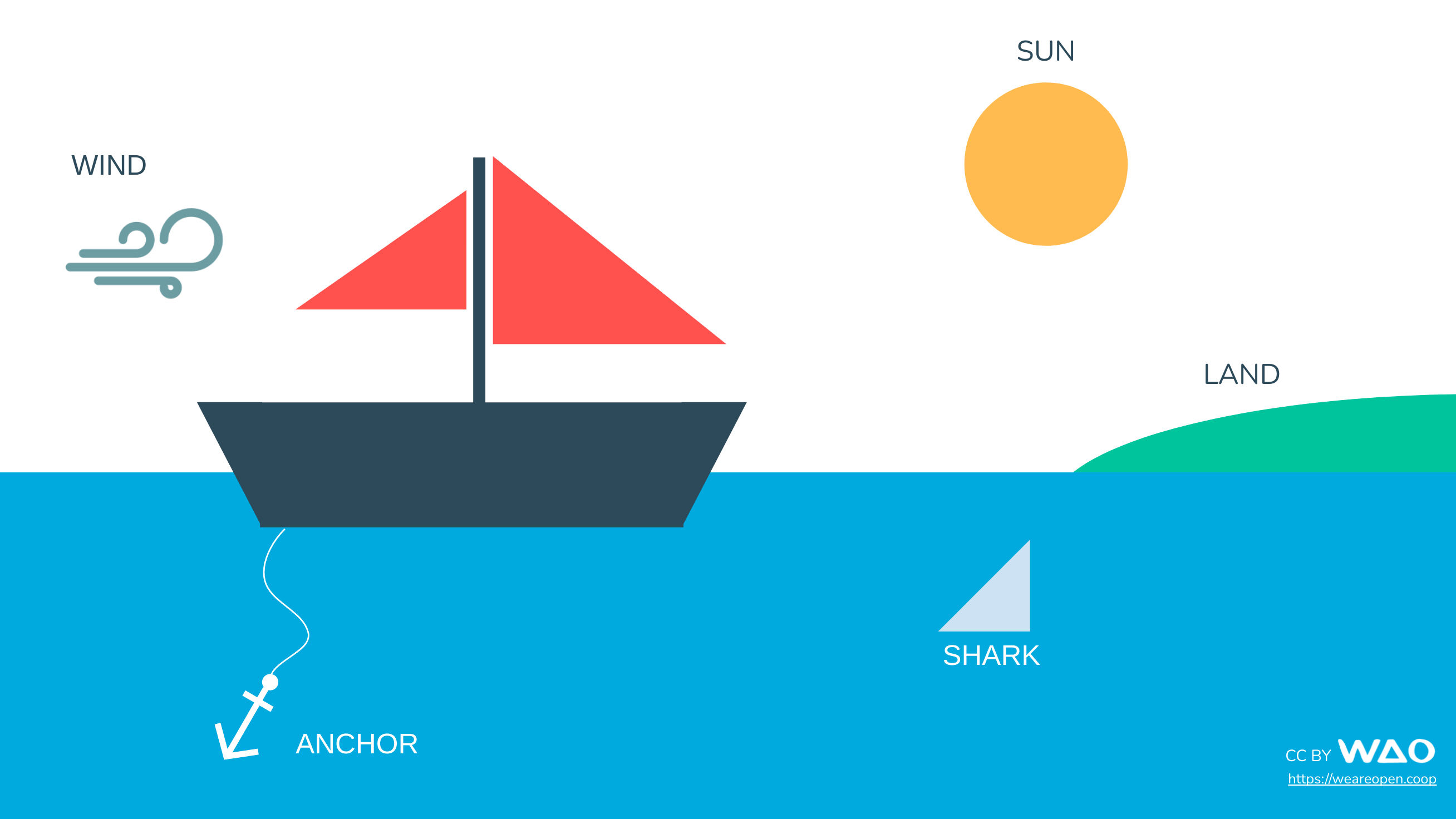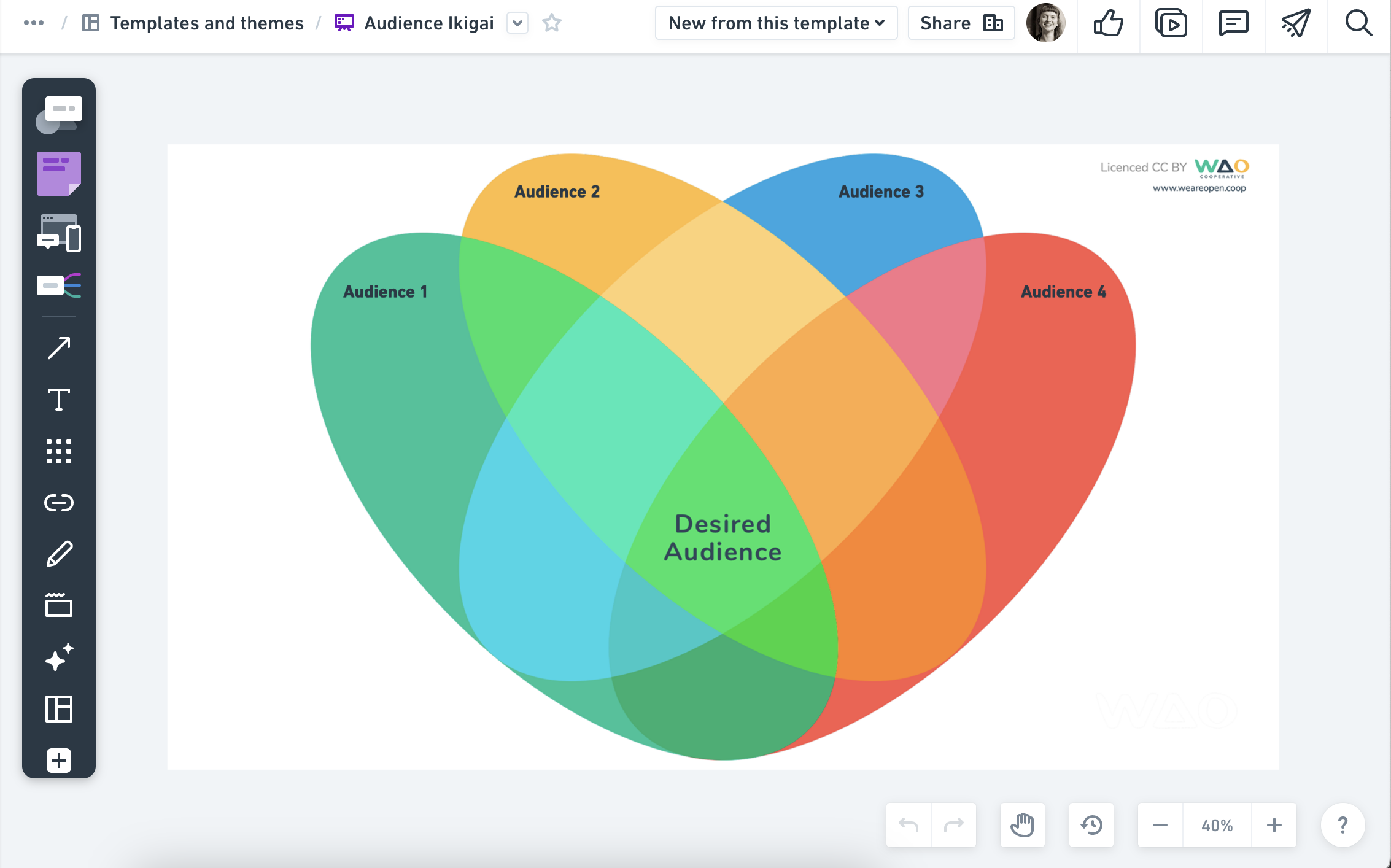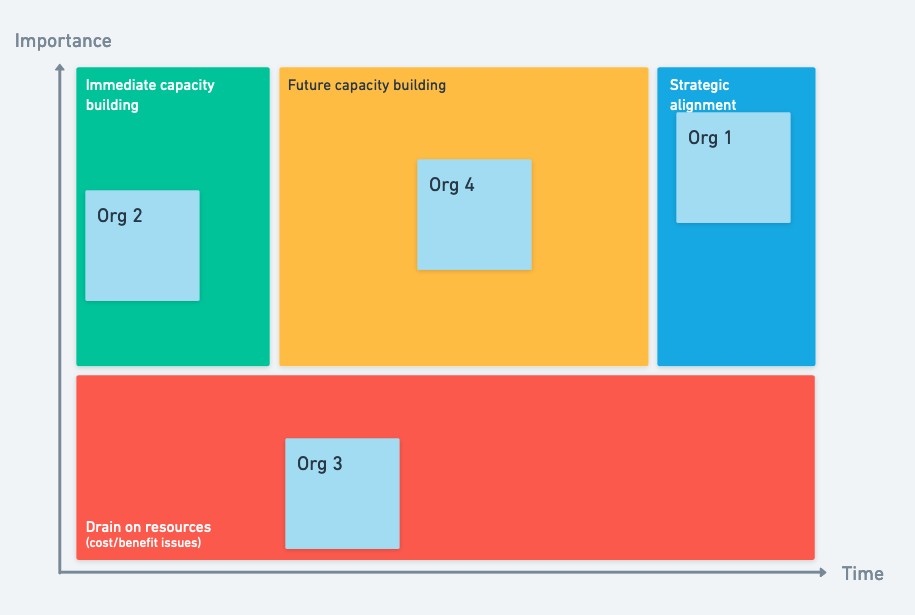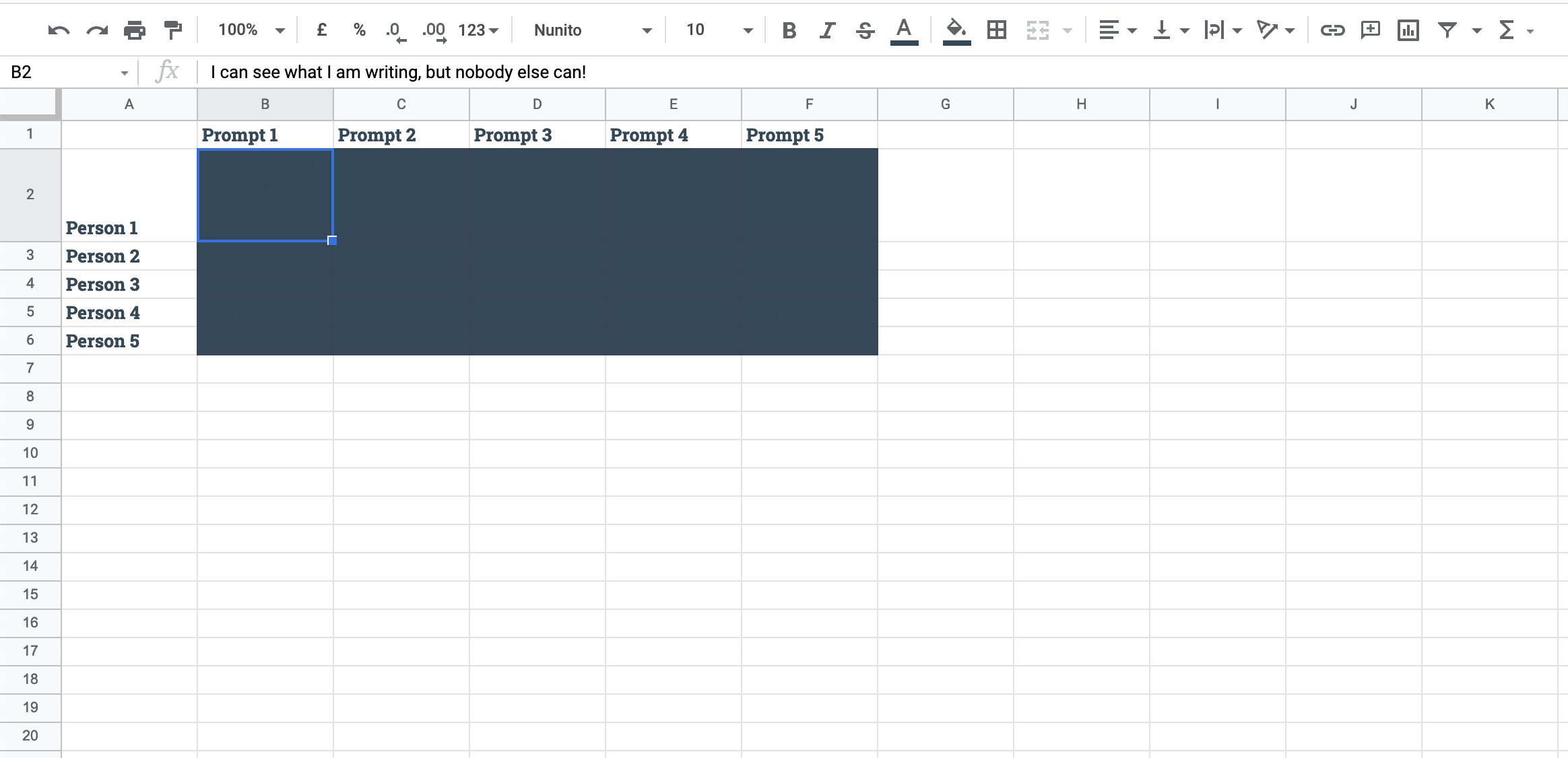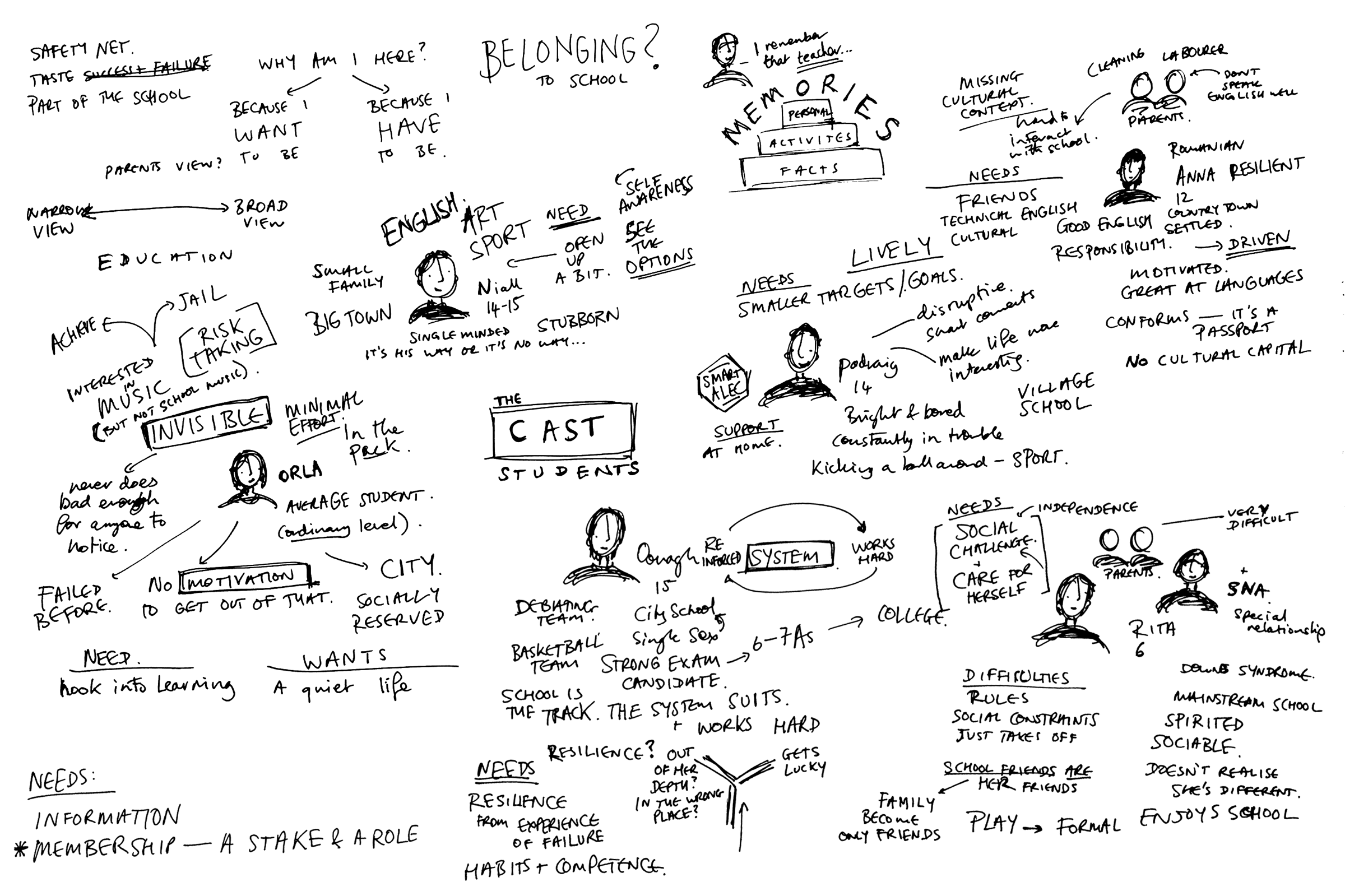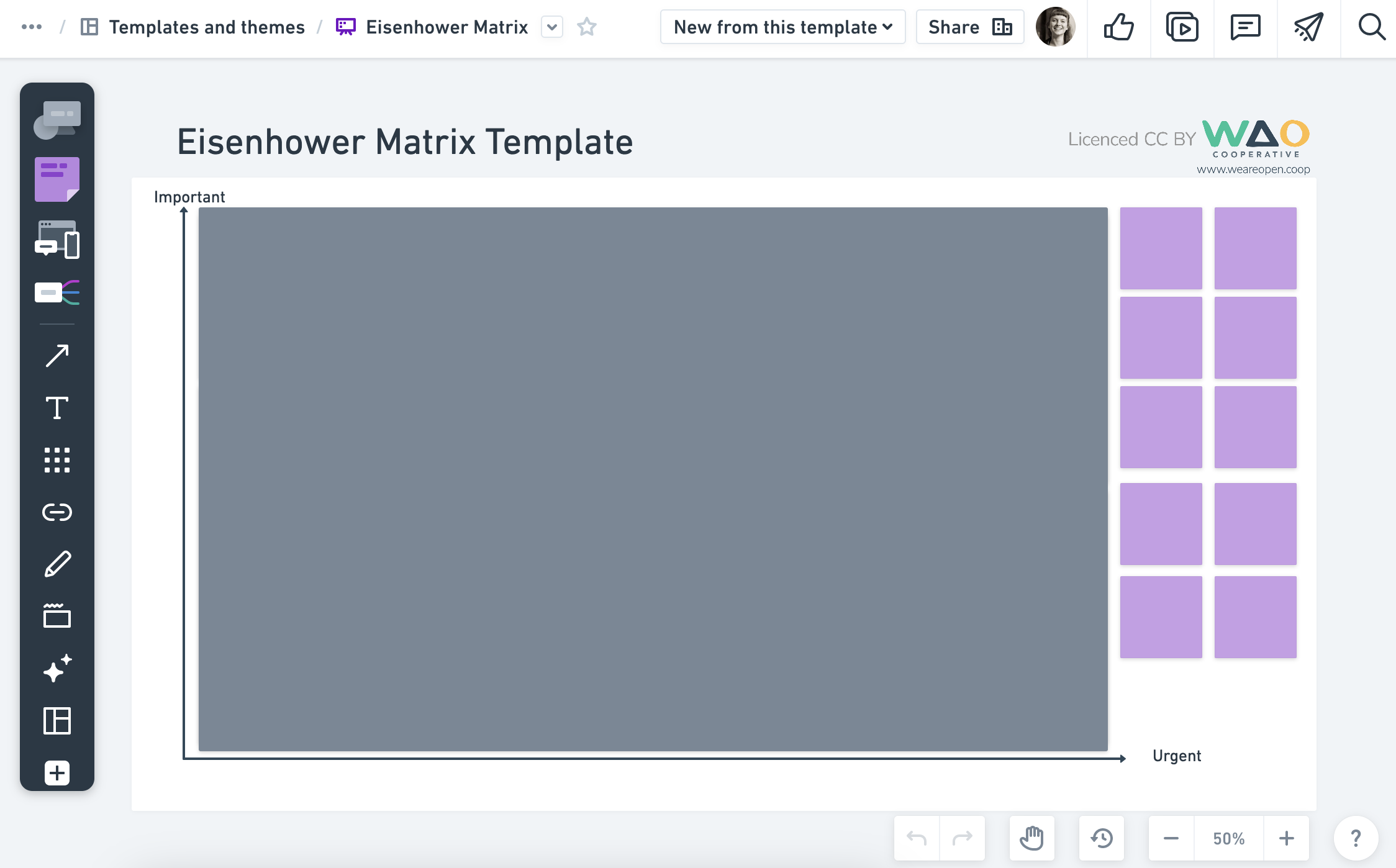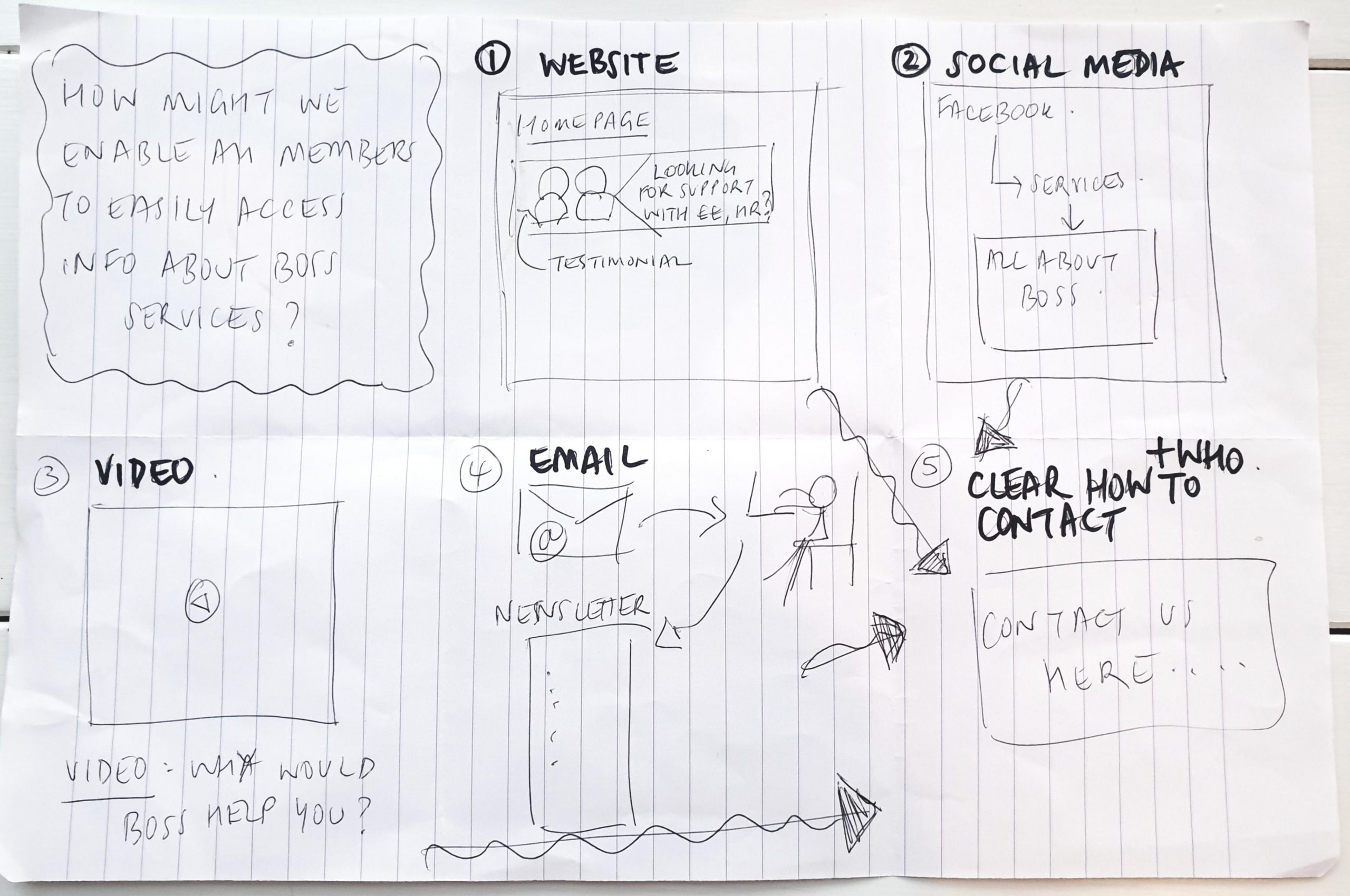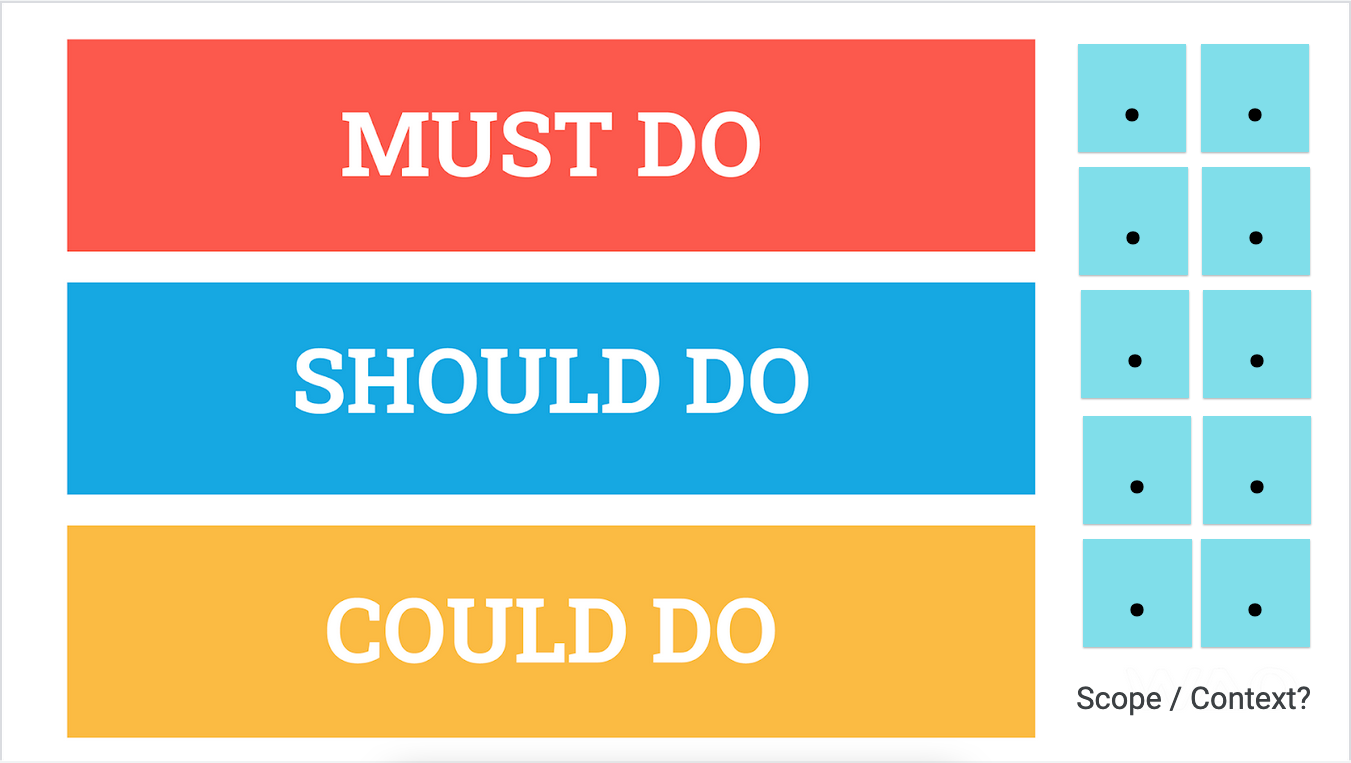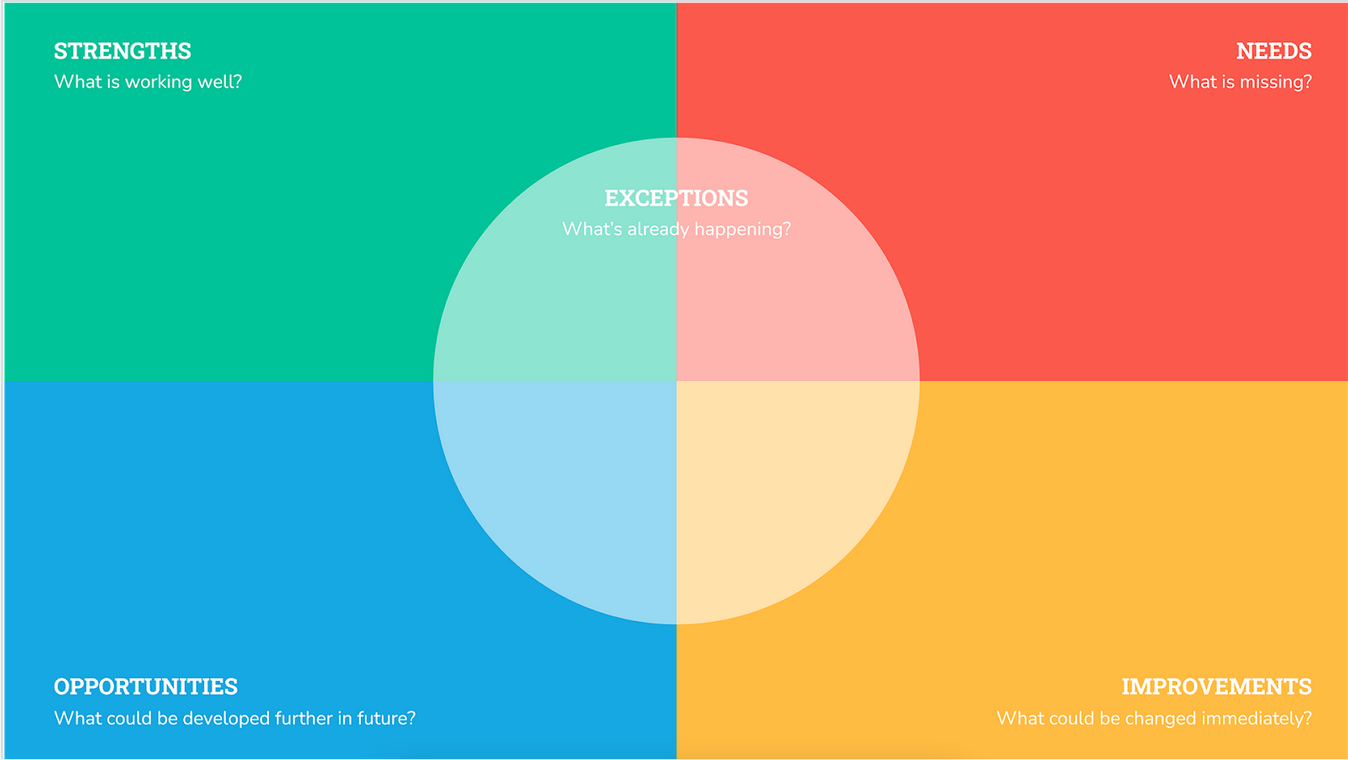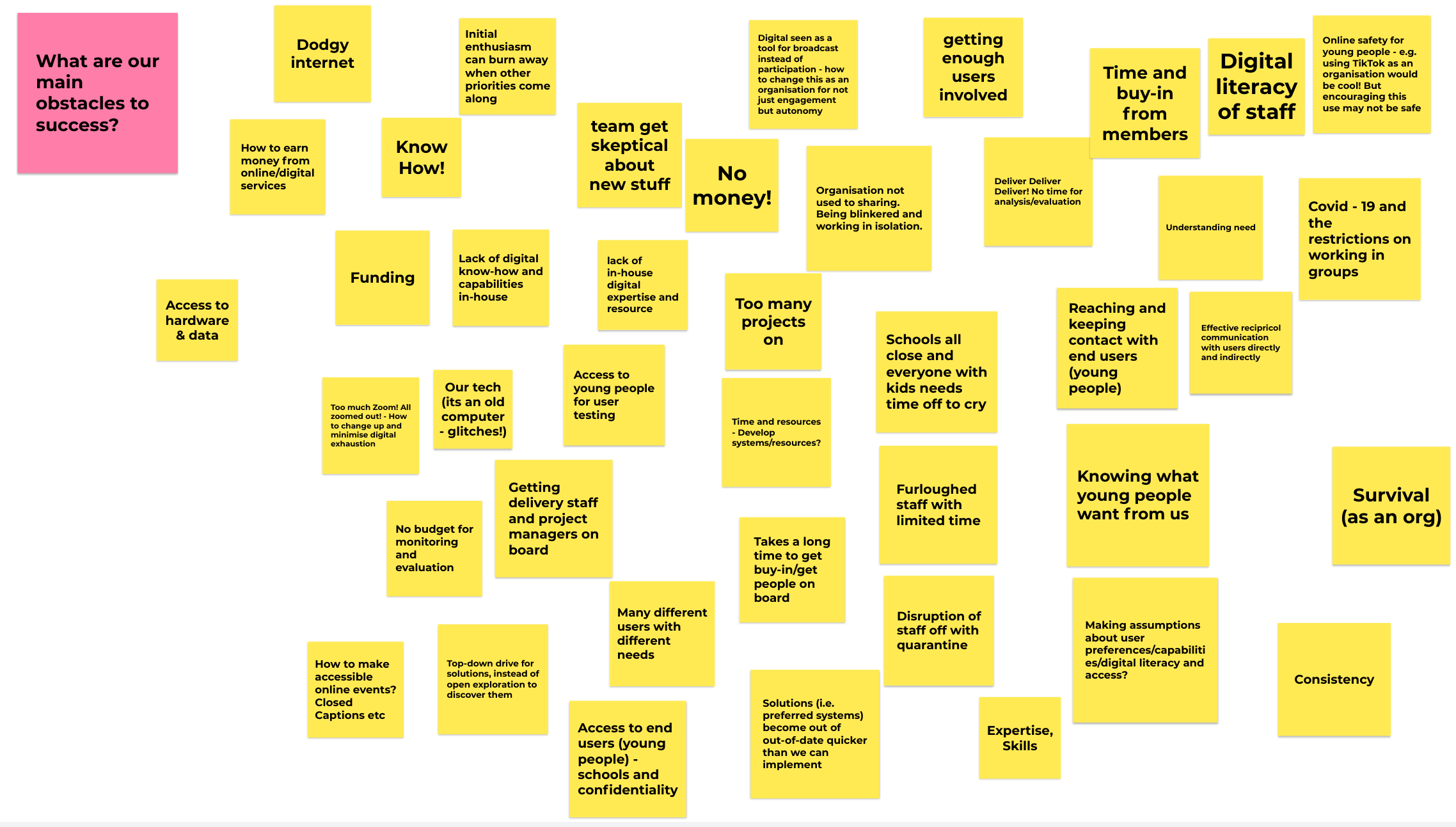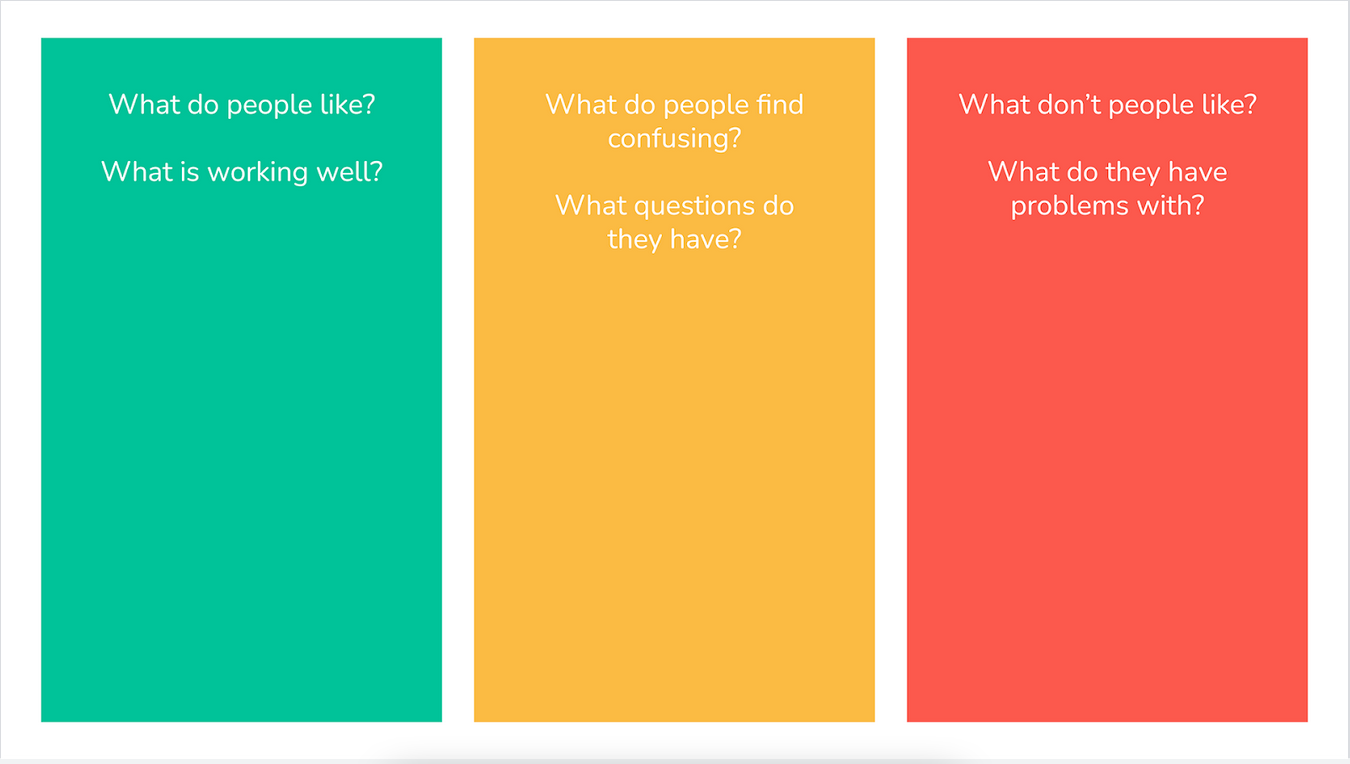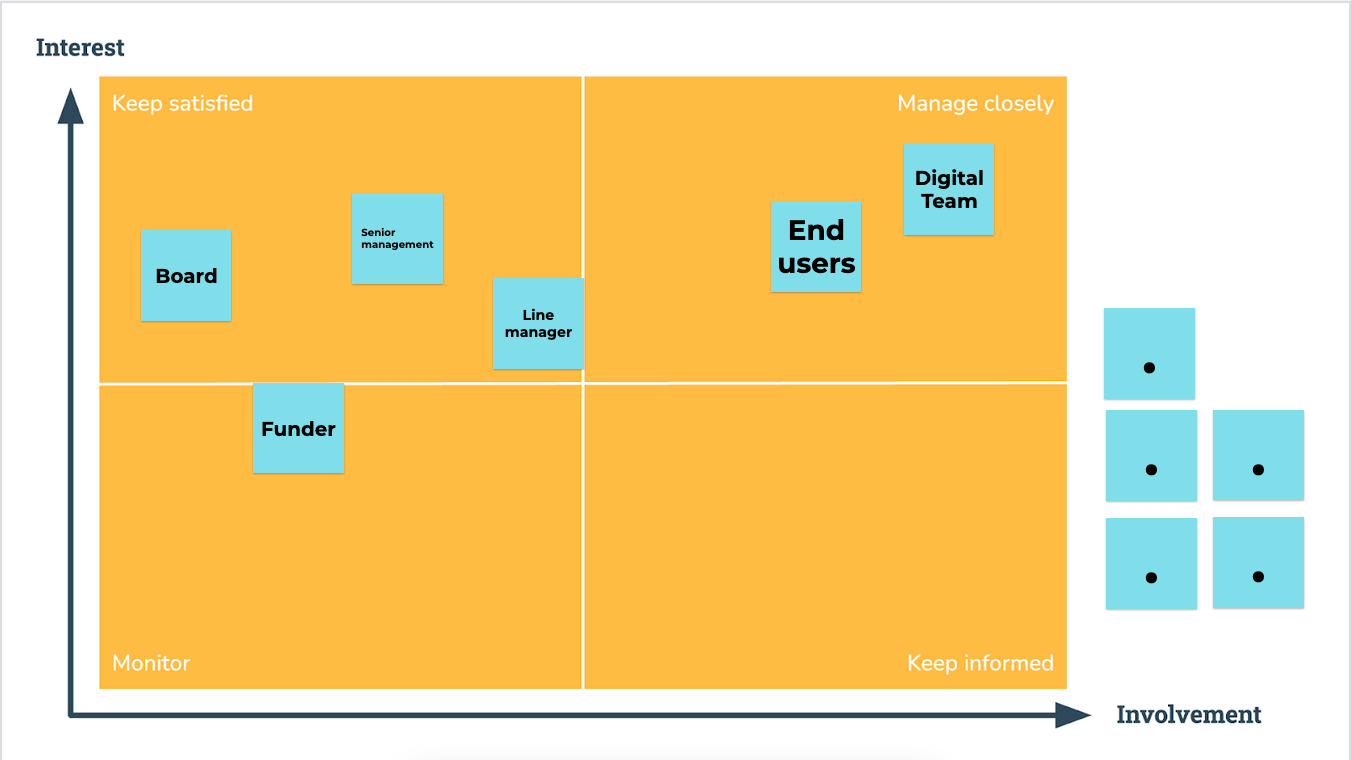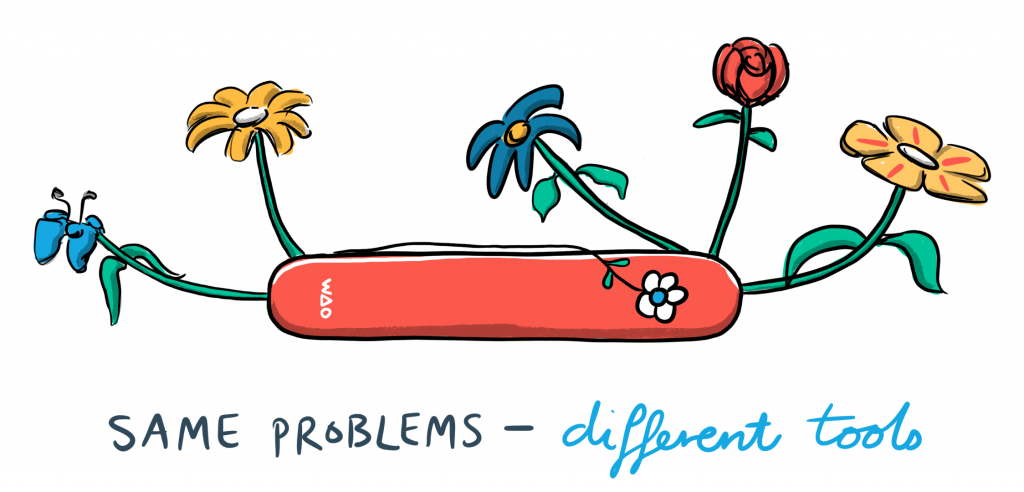
We use a range of tools and approaches in our work with clients. This growing library contains some of them that we find particularly helpful and have used on multiple occasions. As ever, we build on the work of others, crediting them when we do so!
-
EOY Retrospective
Whether it’s midway through a project, or at the end, a retrospective is an important part of team learning. While there are many ways of performing a retro, we’ve found that doing it in a fun way can help open up honest conversations.
-
Persona Mapping
There are lots of different sorts of audiences and often, an organisation’s target audience is actually several different audiences. The Audience Ikigai helps you prioritise and target communications for your audiences.
-
Strategic Starfish
The “Starfish Retrospective” is a model for reflection that has been around on the Internet since the before times. None of them, however, are quite so beautiful as the Starfish WAO member Bryan Mathers drew. This technique allows you to reflect (and plan!) in various degrees of nuance.
-
Community Canvas
It’s easy to create a forum, a channel, or a room online. A few clicks and it’s done. What’s harder is to think about how people use it to interact with one another in a positive and sustainable way.
-
Sailboat Retrospective
Whether it’s midway through a project, or at the end, a retrospective is an important part of team learning. While there are many ways of performing a retro, we’ve found that doing it in a fun way can help open up honest conversations.
-
Audience Ikigai
There are lots of different sorts of audiences and often, an organisation’s target audience is actually several different audiences. The Audience Ikigai helps you prioritise and target communications for your audiences.
-
Opportunity Prioritisation
Every organisation has other organisations that it works with — whether as clients or partners. But how do you know whether the opportunities they bring are worth spending your time and resources on? That’s where this prioritisation matrix comes in!
-
Big Reveal
Sometimes, when you’re working on things together online, you want to be able to write things down in a shared space without everyone else being able to see what you’re doing.
-
Defining the Cast
Too often we do things to our users and people our organisations exist to serve. Instead, we should be doing things with them or on their behalf. One way of ensuring that this is the case is to try, as much as is possible to ‘step into the shoes’ of each kind of user or…
-
Eisenhower Matrix
Dwight D. Eisenhower was not only a five-star general in the US Army during WWII, but subsequently served two terms as 34th President of the United States. He was a man who knew time pressure!
-
Must, Should, Could
Prioritisation is hard. Thankfully, there are lots of simple ways of thinking through how important something is to the next version of a product or service. One of these ways is the MoSCoW method.
-
NOISE Model
The chances are that most people reading this had heard of SWOT analysis. You may have even done one yourself. While it is useful to identify the Strengths, Weaknesses, Opportunities, and Threats of a project or situation, sometimes a bit more nuance is needed.
-
Pre-mortem
We all know what a post-mortem is, right? It’s something that you do after something or someone has died, and is an important learning process. But what about a pre-mortem?
-
Traffic light categorisation
Getting feedback, whether through user interviews, surveys, or some other means is an integral part of developing good products. But how do you make sense of the jumble of comments, quotations, and insights?
-
Stakeholder mapping
One of the hardest things to do on any project is to keep everyone happy. A useful way to map this at the start of the project was shown to us by Daniel Mosforth from Bay Digital. We’ve adapted his in-person approach for a digital setting.
